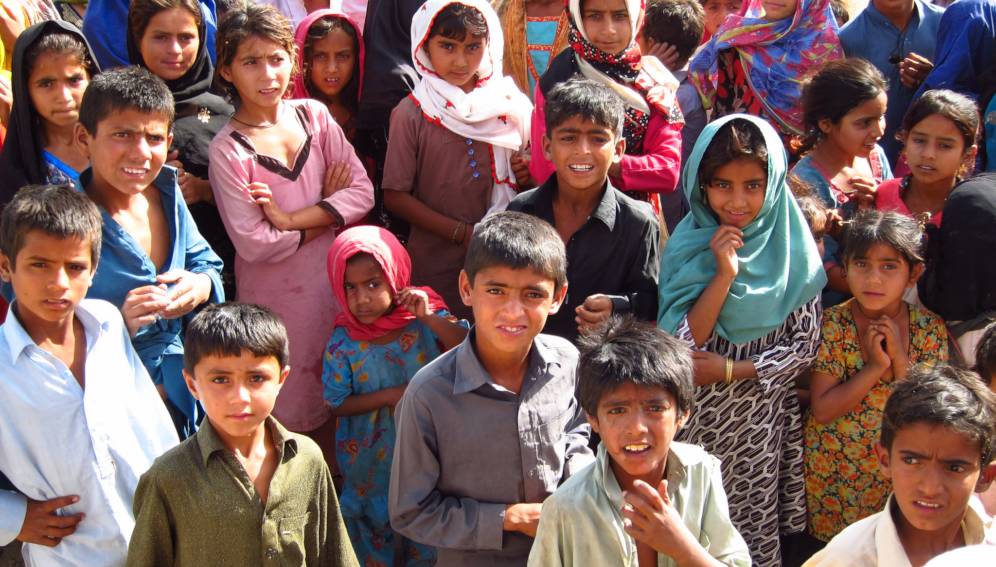
73 years independence is a good time to indulge in a serious introspection on the relationship between the Pakistani state and society. How far away are we from the goals and ideals envisaged by Quaid e Azam Muhammad Ali Jinnah and the leaders of the Pakistan movement?
In a recent oped, Tariq Khosa, argues that Pakistan has not been able to “uphold and sustain the values that formed its basis — equal rights, rule of law and sovereignty of the people — hampering our progress as a democratic, enlightened polity. Frequent military rules and successive inept civilian governments have resulted in a lack of trust between state and society.”
Khosa calls for Pakistanis to “work together to carve out a charter of governance, based on strengthening democracy, improving service delivery, ensuring accountability, and upholding the rule of law.”
According to Khosa “Such a charter of governance, though limited in scope, would nudge our republic from authoritarianism to egalitarianism; from totalitarianism to humanitarianism; from oppression to magnanimity; from fear to trust; from dual standards to unity of purpose. Above all, it is a message to our leaders not to rule but to govern. They should pay heed to Goethe’s words: “It is bad governments, not bad people, who cause revolutions.”
![]()





